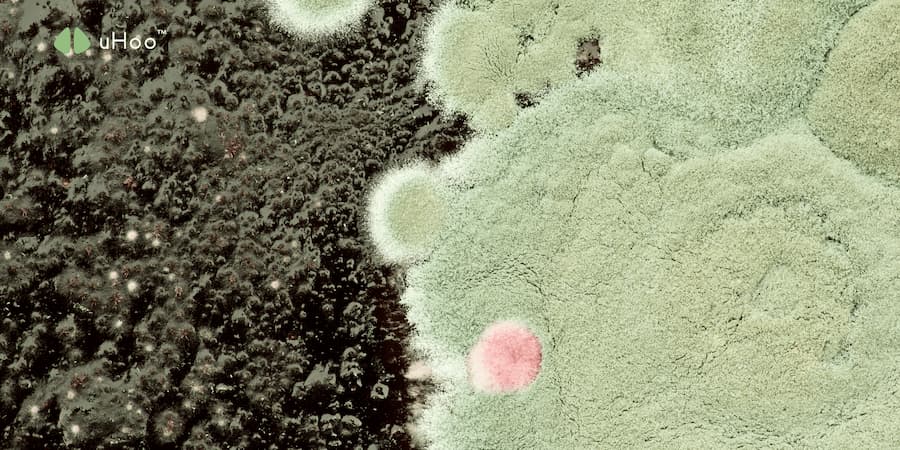Mold. That fuzzy, often green or black growth that can appear seemingly out of nowhere. While often unsightly, mold can also pose serious health risks, especially for those with allergies or respiratory issues. Understanding the different types of mold, their causes, and effective solutions is crucial for maintaining a healthy and safe living environment.
Types of Mold:
- Common types include Cladosporium, Aspergillus, Penicillium, and Stachybotrys chartarum (Black Mold).
Causes of Mold Growth:
- Moisture: Excess moisture is the primary culprit. Leaky roofs, plumbing issues, condensation, and even high humidity levels can create ideal conditions for mold growth.
- Poor Ventilation: Inadequate ventilation traps moisture, preventing it from escaping and allowing mold to thrive.
- Organic Matter: Mold feeds on organic materials such as wood, paper, and even dust.
Solutions to Mold Problems:
- Identify and Address the Source: The first step is to pinpoint the source of moisture. This may involve inspecting for leaks, improving drainage, and addressing any plumbing issues.
- Increase Ventilation: Improve air circulation by opening windows, using exhaust fans, and ensuring proper ventilation in bathrooms and kitchens.
- Reduce Humidity: Dehumidifiers can effectively lower humidity levels, making it harder for mold to grow.
- Clean Affected Areas: Thoroughly clean affected areas using appropriate cleaning solutions. For extensive mold growth, professional remediation may be necessary.
- Preventative Measures: Regularly inspect for signs of moisture, such as water stains or musty odors. Clean up spills promptly and address any leaks or plumbing issues immediately. Also, invest in an air quality monitor like uHoo that can alert you when mold growth is imminent. It would help to study the uHoo Mold Index as well.
Health Considerations:
- Mold exposure can trigger allergic reactions, such as sneezing, coughing, and itchy eyes.
- Some molds produce mycotoxins, which can cause more serious health problems, including respiratory infections and neurological issues.
- If you suspect a mold problem, it’s essential to consult with a professional mold remediation specialist.
By understanding the types of mold, their causes, and effective solutions, you can take proactive steps to prevent mold growth in your home and maintain a healthy living environment for yourself and your family.

